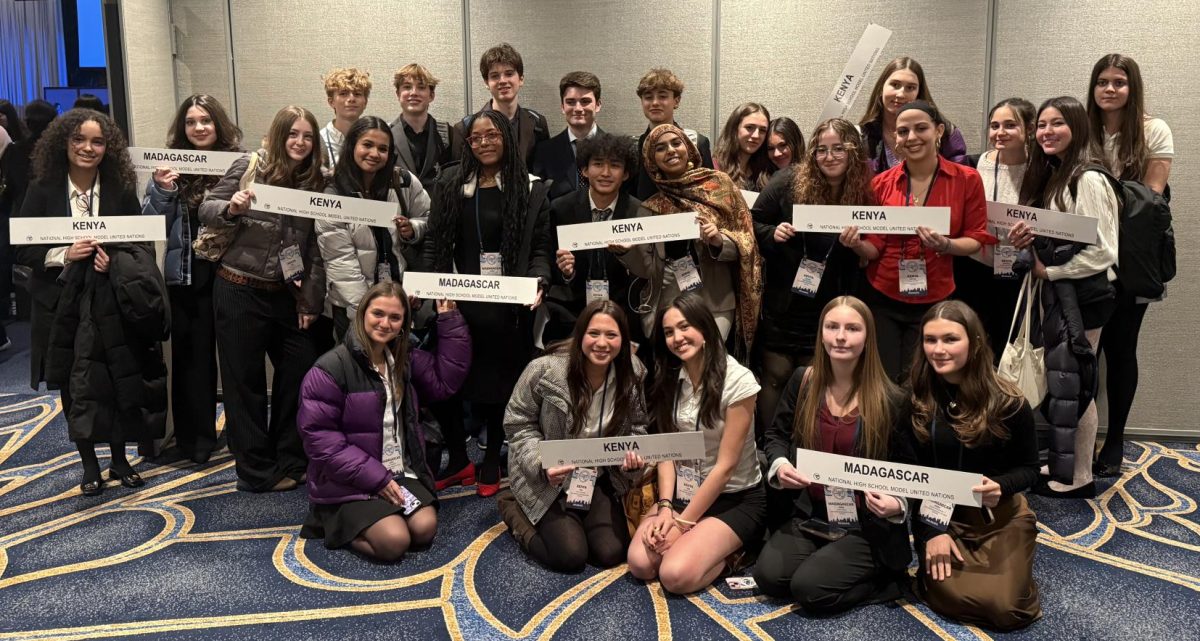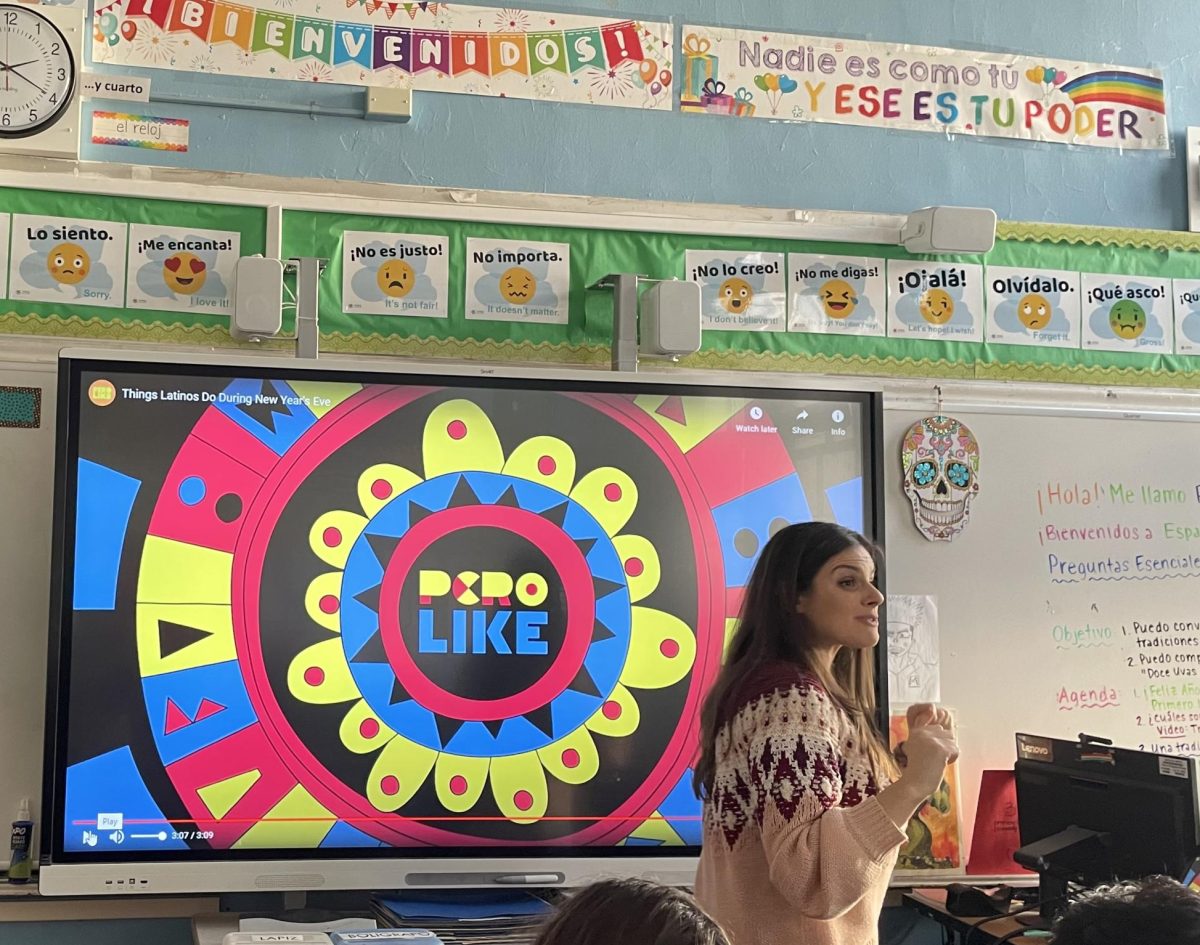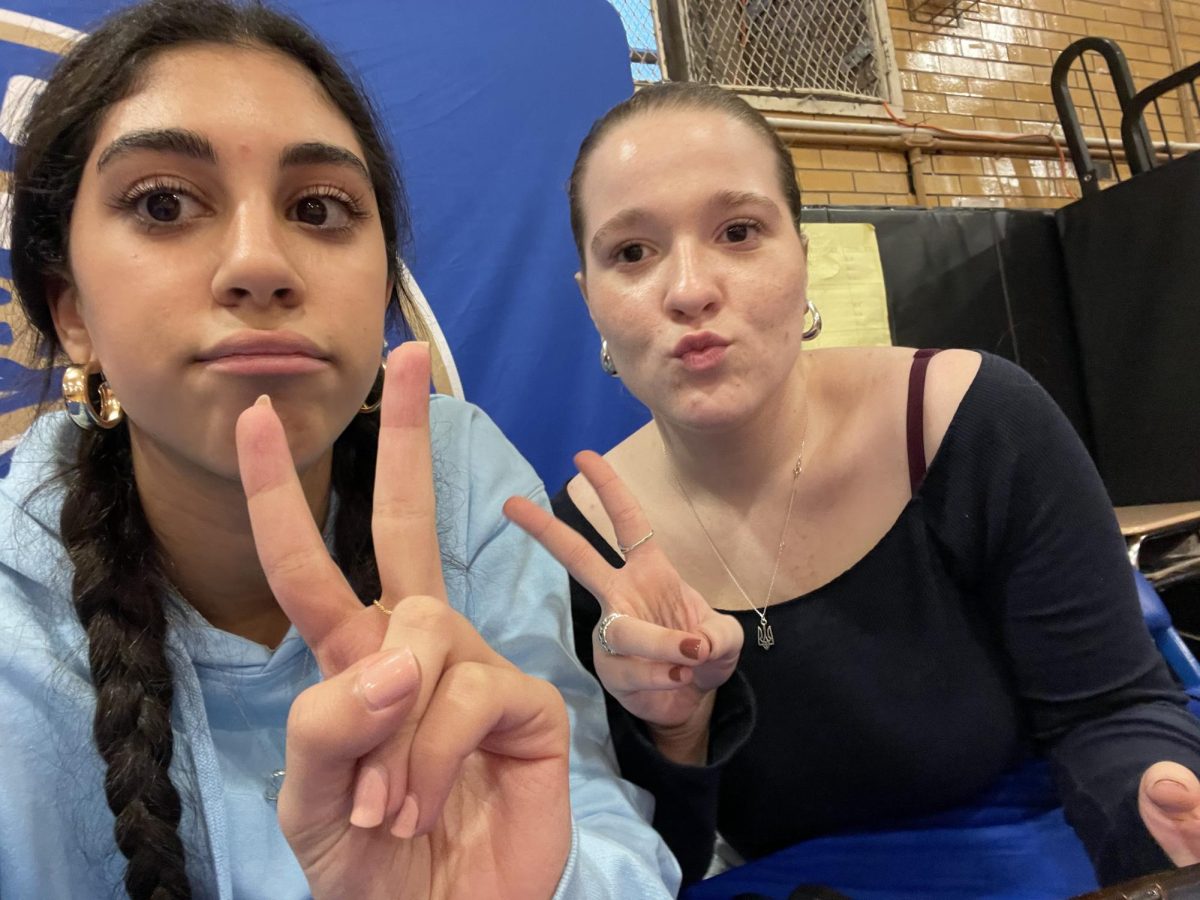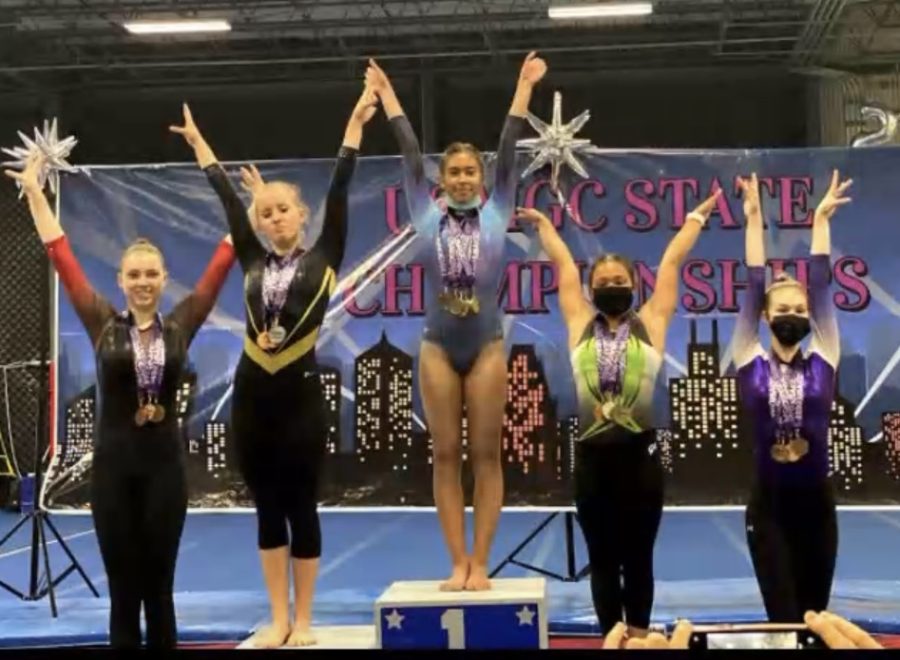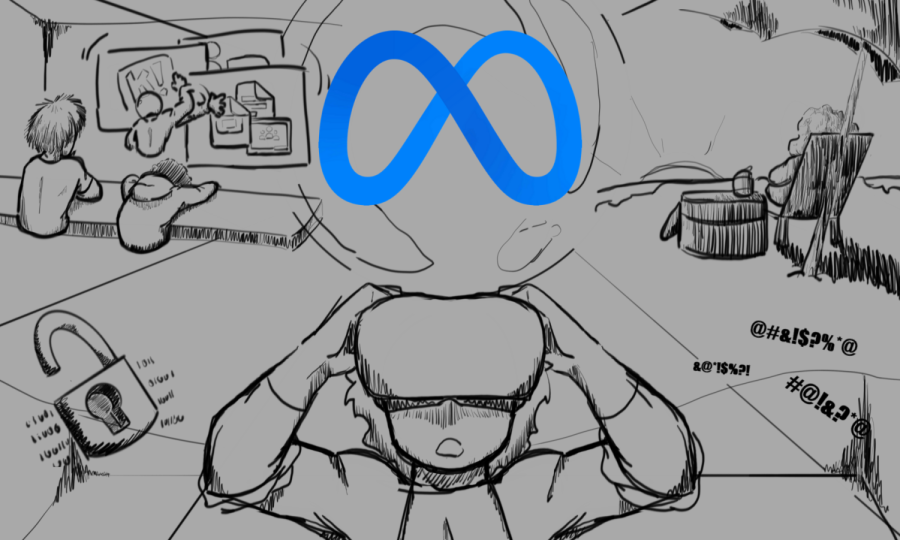What Is K-Pop Really?: The Machine Behind the Trend
June 28, 2022
Korean Pop/K-Pop (noun): A musical phenomenon that brings millions of people together and Korean culture to the world.
While K-Pop stans flock to their favorite groups’ concert spectacles, send idols fan mail and DM them with words of devotion, and know every detail of their favorite singers’ origin stories and rumored romances, casual listeners and audiences might be unaware of the mysteries behind the system which prepares K-Pop groups or artists for their public debuts. You, reader, may be unaware that the stories behind each K-Pop star shed insightful meaning on how K-Pop groups are formed and why the genre’s idols and artists decide to enter and stay in this demanding, relentless, and cutthroat industry, despite the drawbacks.
There are two ways K-Pop artists can debut: by winning a Korean reality show such as Produce 101 or GP-999, thus securing a contract with a K-Pop entertainment company, or by getting signed by a K-Pop agency such as JYP, YG, SM, or HYBE. K-Pop idols are also brought into the industry through auditions and casting. A talent scout from a K-pop entertainment company might visit high schools or host an audition in Korea or a country with a significant Asian population to recruit talented kids and young adults of Asian descent ranging from ages 11 to 20 to become K-Pop trainees under their company (with the consent of their parents of course). K-Pop today has idols hailing from China (GIDLE member Yuqi is from Hong Kong), Japan (home to TWICE members Mina, Sana, and Momo), and Thailand (NCT member Ten and Blackpink’s Lisa were discovered there) as well as in places outside the continent such as the U.S. (Seventeen member Vernon was recruited out of New York), Australia (home to Stray Kids members Bang Chan and Felix), and Canada (the home of NCT member Mark).
Once recruited, a K-Pop trainee goes through the gauntlet of preparation to learn how to be a warrior of a performer under the demanding and sometimes brutal coaching of their company’s choreographers and vocal coaches. This is no walk in the park. For no less than 18 hours a day, K-Pop trainees learn a multitude of dance moves and develop the skill to sing at varied registers; they pitch ideas for music videos (known as MVs in K-Pop lingo) and even compose songs. While they are at it, these trainees might also have to master a new language (if they are not from Korea). Imagine doing all this and having little to no contact with your friends and family?! And trainees appearing on reality shows are under even more pressure given that cameras are surveilling them constantly and viewers watch the ins and outs of their lives even before they have officially debuted. The scrutiny must be exhausting and probably explains why many stars often take leaves of absence from the public realm.
Upon completion of the training, K-Pop trainees have earned the opportunity to debut in a group. However, K-Pop groups or artists must first pass through an intermediate period before they release an official debut song. During this time, they might release cover songs, submit themselves to press junkets, film a web series or a documentary, or do photoshoots to hype up audiences; this pop star purgatory serves to build the public’s appetite for a new group, and, hopefully, will give the trainee ample time for their album pre-order sales to increase. Debut songs can make or break a K-Pop group or artist. Either an audience will be giddy with anticipation to follow a new performer or band after the release of an exciting new track or the song will not attract attention and the group’s prospects will dim, possibly stunting them from gaining any traction.
You might be surprised at how much criticism K-Pop idols can get just for releasing one song. A new K-pop group’s relatively limited discography can be gobbled up by K-pop fans who will quickly make judgments, such as who their “bias” is. Your bias, in the K-Pop world, is your favorite member of a K-pop group. Your feelings about this performer may change if you feel one of the other group members has outperformed your current bias, thus becoming your bias wrecker. Fans also designate roles to specific K-Pop idols such as the title of “ace” (such as Blackpink’s Jennie) or “it-boy” (like BTS’ Jungkook). Specialized fans who are experts in video editing and Garageband-type applications often develop mashups of groups’ songs or develop artwork inspired by the group to capitalize on their success.
K-pop groups nowadays have the potential to gain international success. If a group gains enough traction a few months after their debut, their agencies will seek to replicate their success in other countries by making Japanese, English, and formerly Chinese versions of their songs. Korean-based media organizations host festivals and conventions like KCON in other countries besides Korea to spread the phenomenon that is K-Pop globally.
When a K-pop group’s contract ends, the members have limited choices when they face disbandment. A K-pop idol left without a contract might sign with an entertainment company that wants to pick up their specific endorsement (former IOI Somi is under the Black Label and former Day6 Jae is under 88rising), start their own label (idol PSY started P-Nation and Jay Park started AOMG), or resume their pre-debut lives. Most idols who have been through the gauntlet prefer to progress their career on their own terms, having survived toiling at a potentially exploitative label. Some K-pop idols have disappeared from the public eye after their contracts ended, tired of the pressure endured by being an idol.
Beyond the punishing schedule, K-pop idols face several hardships. When trainees are sent to compete on a reality show, by winning they might earn the opportunity to debut. But some contestants receive a bad edit (or “evil-editing” as fans call it). Viewers are attracted to drama and television producers know one of the way to interest audiences is to amp up tensions between contestants and portray them negatively. Additionally, newly debuted idols face unbelievable (and unfair) pressure to be as high-performing as the established K-Pop groups that debuted before them (also known as “seniors”). And management companies micromanage K-pop idols’ release of songs, how they post to social media accounts, which events they can even attend.
Toxic K-Pop fans are another story. Fans will make up rumors about specific K-Pop stars that they do not like which will go viral. Such incidents can sometimes force an idol into hiatus or out of the company. During a concert, an audience that disapproves of a performer will sometimes turn off their lightsticks creating a “black ocean” to spite the group that is performing.
On the other hand, non-toxic K-pop fans bring K-pop groups and idols to the next level. These superfans spread the word on social media about how great their idols are and or hype their favorite songs by performing dance challenges on Tik Tok. When fans express an outpouring of love for a K-pop idol through social media platforms, the performer might earn a brand ambassadorship or offers to star in K-dramas or to emcee a variety show.
So there you have it, every little detail about a K-pop idol’s career. Hopefully now you can see that K-Pop performers are not simply cute, but they bring immense talent to the table and work tirelessly to strive to be a positive influence for their listeners and fans.
